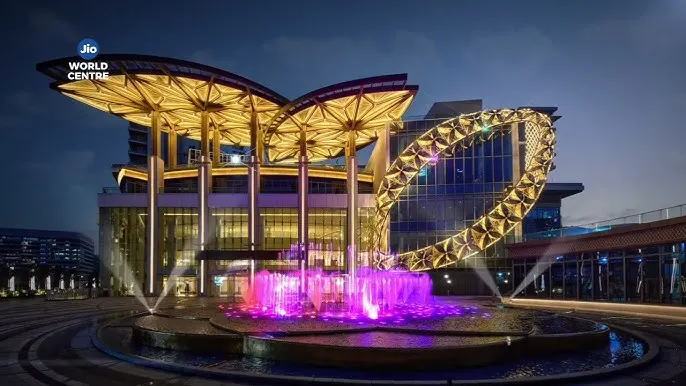Table of Content
▲
As sustainability gains more attention worldwide, the need for eco-friendly office spaces is growing. Businesses are now prioritizing designs that align with environmental goals, aiming to reduce energy usage, minimize waste, and lessen their ecological footprint. This article delves into how Artificial Intelligence (AI) can transform the creation of sustainable offices, enhancing energy efficiency, encouraging green initiatives, and fostering healthier workplaces.
AI’s role in sustainable office design
Artificial Intelligence revolutionizes office design and operation, offering innovative solutions to enhance sustainability and efficiency. By leveraging AI algorithms, architects and designers can analyze complex datasets and simulate various scenarios to craft office spaces optimized for sustainability.
A key advantage of AI in office design lies in its capacity to analyze environmental factors and optimize building performance. By scrutinizing data on aspects like solar exposure, wind patterns, and energy consumption, AI can devise designs that minimize energy usage and environmental impact while maximizing natural light and ventilation.
Moreover, AI algorithms streamline repetitive tasks in the design process, allowing designers to focus on creativity and innovation. By automating tasks such as space planning and layout optimization, AI empowers designers to create aesthetically pleasing, functional, and sustainable office spaces.
Energy-efficient solutions
AI technology provides various solutions to enhance energy efficiency in office buildings. By analyzing energy usage patterns and environmental conditions, AI algorithms can optimize Heating, Ventilation, and Air Conditioning (HVAC) systems to minimize energy wastage and reduce carbon emissions.
Real-time energy monitoring is another area where AI can have a significant impact. By integrating with smart sensors and IoT devices, AI can monitor energy consumption in real-time and make data-driven adjustments to optimize energy usage. This proactive approach ensures that office buildings operate at peak efficiency while minimizing energy costs and environmental impact.
Optimizing natural light is also crucial for sustainable office design. By analyzing factors such as building orientation, window placement, and shading devices, AI algorithms can optimize the use of natural light, reducing the reliance on artificial lighting and improving energy efficiency.

Material selection for sustainability
Choosing sustainable materials is vital for creating eco-friendly office spaces. With the assistance of AI technology, designers can make informed decisions regarding materials with lower environmental impacts and greater energy efficiency.
AI algorithms analyze the properties and environmental effects of materials to suggest sustainable and cost-effective alternatives. By considering factors like durability, recyclability, and energy efficiency, AI aids designers in selecting materials that align with sustainability goals while fulfilling functional requirements.
Moreover, AI streamlines the process of obtaining green building certifications by automating data collection and analysis. By providing accurate and reliable sustainability data, AI simplifies the certification process, ensuring that office buildings can meet the highest environmental standards with confidence.
Renewable energy integration
Incorporating renewable energy sources is key to decreasing dependence on fossil fuels and advancing sustainability in office buildings. AI technology plays a vital role in optimizing the positioning and functionality of renewable energy systems, like solar panels and wind turbines.
Through analysis of solar and wind resource data, AI algorithms identify the best spots for renewable energy systems to enhance energy generation. Moreover, AI's predictive abilities allow it to anticipate energy demand trends and adjust energy production and storage accordingly, ensuring a consistent and effective supply of renewable energy.
Green building certification with AI
Securing green building certifications is vital for showcasing a dedication to sustainability. AI technology simplifies the certification process by automating data gathering and evaluation, ensuring that office buildings fulfill the required sustainability benchmarks.
Through analyzing elements like energy efficiency, water preservation, and indoor air quality, AI algorithms precisely assess a building's adherence to green building norms. This automated assessment conserves time and resources, enabling developers to concentrate on crafting and erecting sustainable office spaces.
Conclusion
Artificial Intelligence holds immense promise in transforming the conception of sustainable offices, presenting inventive approaches to boost energy efficiency, advocate for eco-conscious practices, and foster healthier workplace atmospheres. Through harnessing AI technology, designers can refine building operations, opt for eco-friendly materials, incorporate renewable energy outlets, and simplify certification procedures, thereby crafting office environments that are both effective and environmentally responsible, ensuring a more sustainable world for generations to come.
Also Read: NHAI increases toll rates across India by 5%



_1772441702.webp)




